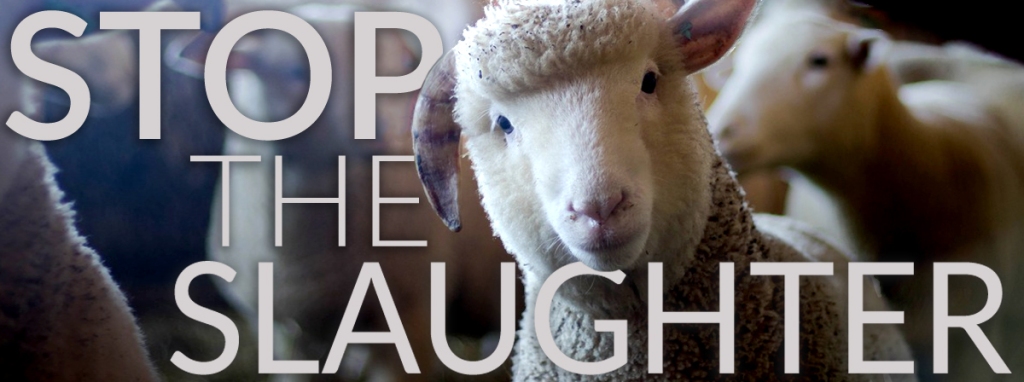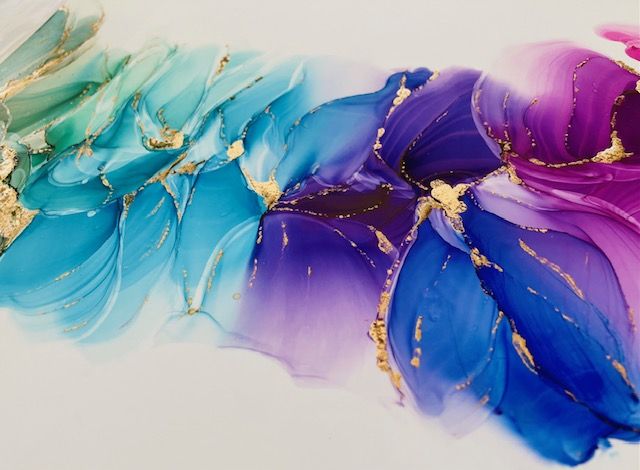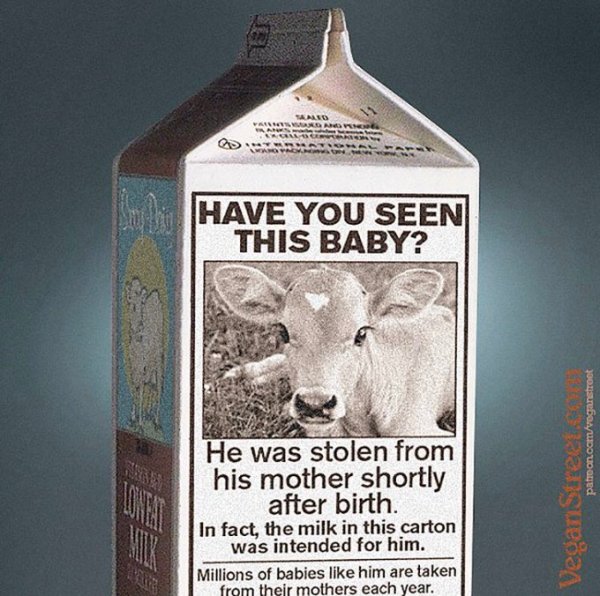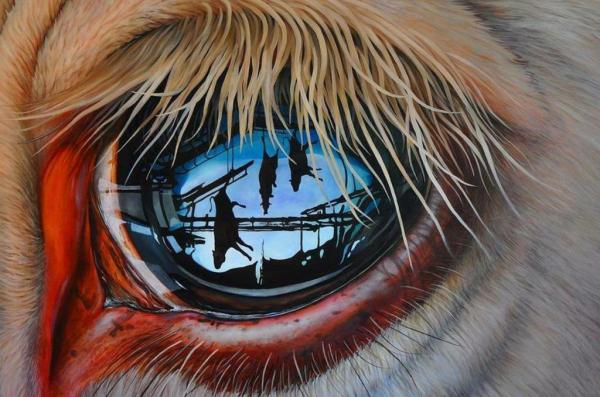100,000 Animals Drowning Every Year in The Plastic We Throw Away

Wikimedia Commons
Source Care2
By Abigail Geer
With an estimated 46,000 pieces of plastic floating in every square mile of our oceans, our addiction to plastic is killing countless animals in some of the most horrific ways imaginable.
Considered by many as a threat worse than climate change, in a disturbing new report, leading expert Charles J. Moore, says that plastic is ‘choking our future in ways that most of us are barely aware.’
From takeouts and coffee cups, to toothbrushes and tires, plastic has become an integral part of human existence, but the real problem is where all the plastic that we throw out every day ends up.
Animals are the Victims of Our Throwaway Society
Plastic production has increased by more than 500% in the last 30 years, and with most people not giving a second thought as to what happens after they toss it out, plastic is taking over the ocean and threatening the animals that call it their home.
Huge garbage patches the size of Wales are forming in the world’s oceans, comprised of cigarette lighters, shampoo bottles, yogurt pots, plastic rings from six packs and much more. For hundreds of miles without end, Moore’s research vessel passed plastics of every description. During his trip Moore came across one of the most upsetting scenes he has ever encountered.
“I’ve seen many scenes in my work studying whales, dolphins and marine mammals, both uplifting and disheartening. But one of the saddest was the sight of a young grey seal pup in a colony on the idyllic shores of Cape Cod.
(She) was an otherwise healthy animal — but with a plastic strap looped round (her) neck — the kind you get around a parcel. Slowly but surely, as the animal grew, (her) noose would tighten.
As I looked at the animal, I could foretell (her) painful death, probably from starvation, as the seal became unable to feed.”
Hundreds of thousands of sea turtles, whales and other marine mammals are dying each year as a result of eating plastic, just like the sperm whale (who) was recently discovered dead in Spain with 100 plastic bags inside (his) stomach. As if these figures aren’t shocking enough, experts also believe that more than 1 million seabirds are also being killed from ocean pollution, ingestion or entanglement.
We are the ones creating all this rubbish, and as such we share a collective responsibility for the deaths it is causing. We cannot shake it from our conscience by ignoring the situation or turning a blind eye; it is time to take responsibility and make changes.
What You Can Do To Help
The best way to stop plastic pollution in our oceans is to make sure it never reaches the water in the first place. Reducing, reusing and recycling is the way forward.
Take action today by following these steps to help cut down on your plastic use and protect our oceans:
- Bring your own fabric bags to the store
- Always choose reusable items whenever possible
- If you need to use plastic, make sure you recycle after you’ve used it
- Let businesses know that you want packaging that is fully recyclable
- Host a clean up day where you get together with a group of volunteers to pick up trash at your local beach
- Support and spread the message of organizations fighting plastic pollution
Order a FREE vegan kit: http://www.peta.org/living/vegetarian-living/free-vegetarian-starter-kit.aspx
Take PETA’s Cruelty-Free Shopping Guide along with you next time you head to the store! The handy guide will help you find humane products at a glance. Order a FREE copy HERE
Want to do more than go vegan? Help others to do so! Click on the below for nominal, or no, fees to vegan literature that you can use to convince others that veganism is the only compassionate route to being an animal friend.
PETA: http://www.petacatalog.com/catalog/Literature-39-1.html
Action for Animals has a very low price : http://store.afa-online.org/home.php?cat=284
Have questions? Click HERE
be creative
keep your mind
Elastic.
find ways to bag
NOT using plastic
recycle if plastic
has to be used
we will have no
more oceans or its
dwellers.
If these precious waters
are abused
Karen Lyons Kalmenson













































Just another in a long list of mans’ stupidity.
LikeLiked by 1 person
Agreed, thanks, David.
LikeLike
be creative
keep your mind
Elastic.
find ways to bag
NOT using plastic
recycle if plastic
has to be used
we will have no
more oceans or its
dwellers.
If these precious waters
are abused
LikeLiked by 1 person
It’s perfect, thank you so much, hon. I love it.
LikeLiked by 1 person
you are so welcome and thank you 🙂
LikeLiked by 1 person
Reblogged this on Vegan Lynx.
LikeLiked by 1 person
Thank you!
LikeLiked by 1 person
You’re welcome. 🙂
LikeLike